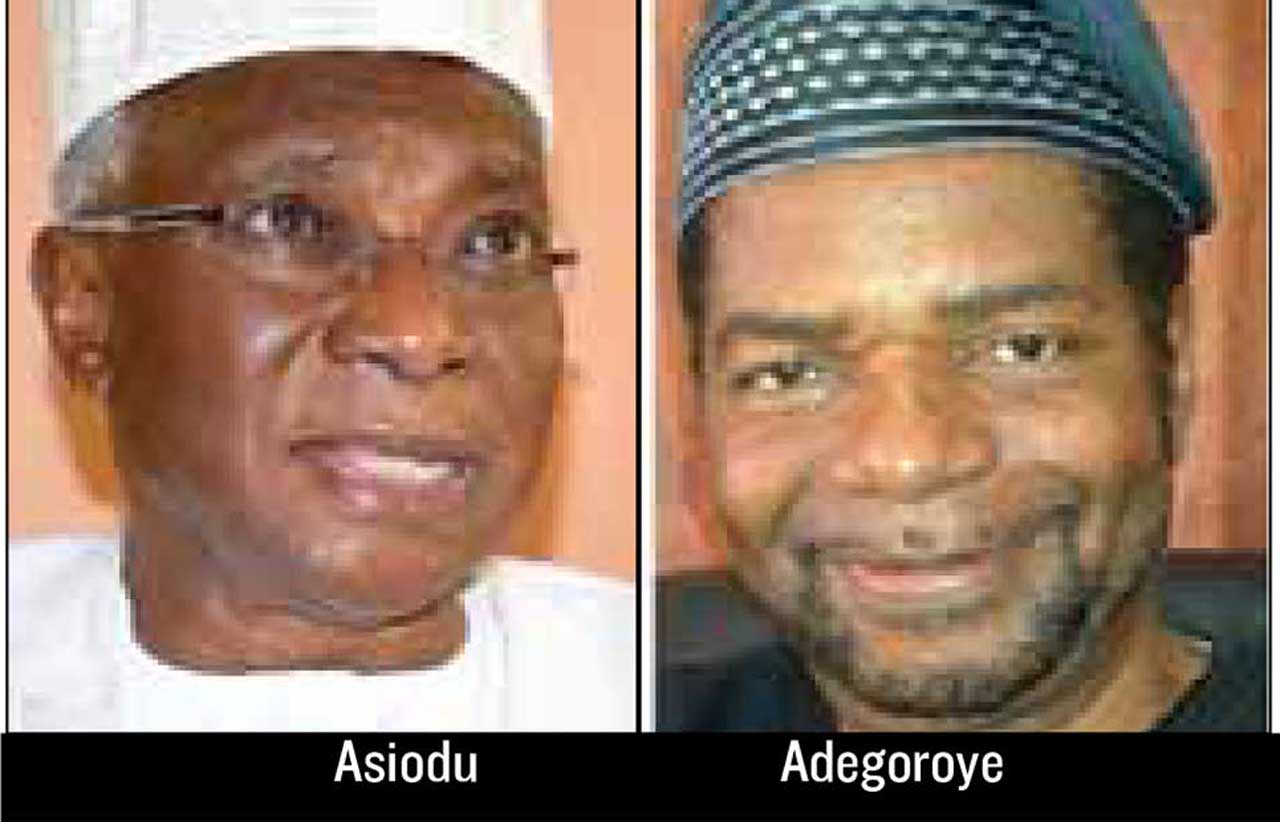So, isn’t it both ironic and hypocritical that powerful Western nations instruct poorer countries to avoid government subsidies, while engaging in the same practices behind the scenes? By financially supporting domestic corporations that build wealth through state contracts, the West is not far removed from the same oligarchic systems it routinely condemns.
In conclusion, the Trump-Musk dispute is not merely a clash of egos. It is a revealing episode—one that lays bare the contradictions and vulnerabilities within the democratic and capitalist systems of even the world’s most advanced nation.
The purpose of this intervention is not to dwell on the sensational fallout between Donald Trump and Elon Musk—an alliance turned sour and now dominating headlines across both mainstream and social media, generating intense political controversy. That story has already been heavily dissected and discussed.
Rather, what concerns me is the unfortunate nature of this public spat, which has erupted barely 63 days into what was initially viewed as a promising political partnership between Trump, the President of the United States and figurehead of global democracy, and Elon Musk, the world’s richest man and a symbol of technological innovation.
Unsurprisingly, their clash has created a tense atmosphere, casting a dark cloud over the U.S. political landscape—an ironic turn for a nation that prides itself on being the model of democratic governance.
It is this deeper implication that compels me to approach the matter from a different angle—one that better illuminates the significance of this episode for those of us in less developed democracies. My goal is to help readers, especially Africans, understand that the global system does not always treat us fairly, despite appearances.
To illustrate this point, and drawing from my background in international public policy, I chose to analyse the Trump-Musk saga through an analogy—comparing it to a hypothetical but relatable scenario in Nigeria. After all, Nigeria’s political system borrows heavily from the U.S. model, and President Bola Tinubu’s current reform-driven leadership has begun reshaping the country’s economic landscape within just two years of his administration.
With that backdrop, it’s worth examining how the situation unfolded.
When sales of Musk’s Tesla electric vehicles began to decline both in the U.S. and globally—particularly across European markets—President Trump took on the role of an unofficial brand ambassador. In what appeared to be a quid pro quo gesture to repay Musk for his campaign support, Trump staged a symbolic event: turning the White House lawn into a Tesla showroom. On live television watched by billions worldwide, he personally bought a red Tesla and urged others to follow his example.
This dramatic endorsement was part of Trump’s attempt to shield Musk from the backlash he faced after heading the Department of Government Efficiency (DOGE)—an agency created to cut government costs. Musk’s involvement in laying off public sector workers had angered many Americans, some of whom responded by boycotting and even vandalising Tesla cars. This public outrage contributed significantly to Tesla’s financial decline.
On one particularly devastating day, Musk reportedly lost $34 billion in market value, and Tesla’s total losses since Musk became directly involved in politics are estimated at over $150 billion. His decision to blend business with politics—becoming an active player in public governance—appears to have backfired, both for his companies and his personal wealth.
Despite his high-profile role and disruptive efforts, Musk’s agency, DOGE, was only able to reduce U.S. government spending by a mere 1 per cent. Likewise, Trump’s relentless attempts to reverse Tesla and SpaceX’s downward trajectory yielded little success. The damage to Musk’s public image as the face of mass layoffs and agency closures proved too great to overcome.
DOGE, as the name implies, was Trump’s initiative to curb federal spending as part of his broader goal to reduce America’s ballooning budget deficit and national debt—now estimated at over $36 trillion. However, this ambition is not new. Past presidents like Ronald Reagan (40th) and Bill Clinton (42nd) also established similar budget reform initiatives.
In the end, the Trump-Musk clash offers far more than tabloid drama. It serves as a cautionary tale about the dangers of blurring the lines between politics and business, and highlights the global double standards that often disadvantage less powerful nations. The same Western systems that lecture developing countries on austerity and public subsidies are themselves deeply intertwined with state-backed corporate interests.
Notably, the efforts by past U.S. administrations to reduce the cost of governance mirror the current situation between Trump and Musk. Under President Ronald Reagan, a similar initiative was launched with the creation of the Grace Commission—officially called the President’s Private Sector Survey on Cost Control. It was led by J. Peter Grace, a prominent CEO of W.R. Grace and Company. The commission aimed to identify ways to make the federal government more efficient and claimed it could save over $424 billion within three years.
Despite the high expectations, the commission’s recommendations were not fully implemented, and critics argue that the actual impact on government efficiency and cost savings was modest at best.
Likewise, during President Bill Clinton’s tenure, his administration introduced a major reform program known as the National Performance Review (NPR), led by Vice President Al Gore. The NPR was a comprehensive effort to restructure the federal government with a focus on improving efficiency, cutting waste, and delivering better services to citizens. Its vision was to build a government that “works better and costs less.” The initiative resulted in 119 key recommendations, including downsising agencies and eliminating redundant programs. The NPR ultimately claimed to have saved $108 billion and improved government operations while also reducing overhead staffing.
Clearly, Trump and Musk are not the first high-profile figures—one from the political world and the other from business—to attempt reforming the American government’s spending habits. Yet, despite their intentions, their partnership has turned acrimonious. The tension between Trump, intent on “Making America Great Again,” and Musk, determined to inject private-sector efficiency into public service, has spiraled into a toxic feud.
To be continued tomorrow.
Onyibe, a public policy analyst, author, democracy advocate and development strategist, wrote from Lagos.






